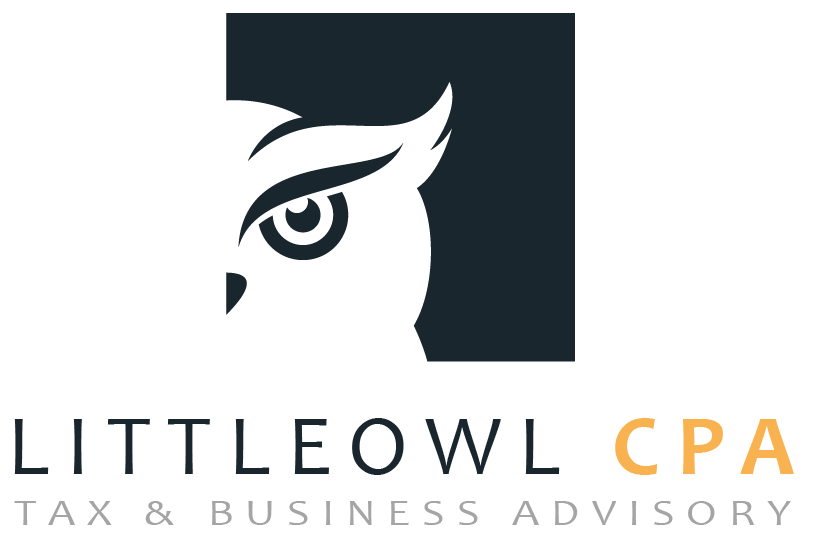In the past, workers stayed with the same company for years and years, working their way up in the company. However, times have changed. Businesses facing hard economic times restructure, forcing employees to look for new jobs. It’s also become common for workers to change jobs several times throughout their careers as they seek higher salaries and new professional opportunities. Whether you’re forced to seek a new employment opportunity or are willingly doing so, you’ll eventually be faced with an important decision: When you’re offered a job, should you take it?
Compensation review
You probably have some idea of what you want to earn, and the salary offered by the company you are evaluating may or may not match your expectations. Obviously, if the company offers you more than you expect, you have no problem. But what if the company offers you less? First, find out how frequently you can expect a pay review and/or a raise, and try to determine how much the pay increase is likely to be and on what is it based (e.g., merit, cost of living). In general, you should expect the company to increase your salary at least annually. Next, ask about bonuses, commissions, profit sharing and stock-based compensation.
Evaluating benefits package
Never overlook the value of good employee benefits. Benefits can add thousands of dollars to your base pay, and some benefits (including group health insurance and disability insurance) can be difficult to obtain privately at a reasonable price. Although many companies offer them, the type and quality of benefits vary widely from company to company. Find out what benefits the company offers and how much of the cost the employee must bear. Examples of employee benefits can include:
-
- Health insurance
- Disability insurance
- Life insurance
- Health Savings Account
- Dependent Care Flex Spending Account
- Qualified transportation reimbursement
- Cell phone reimbursement
- 401(k) matching
- Employee discounts
- Tuition reimbursement
Consider your retirement nest egg
Changing jobs may affect your retirement nest egg in several ways. First, if you leave your current job before you have completed a certain number of years of service with the company, you may not be vested in the company’s pension plan. If you are not vested, you will own none of, or only a portion of, the employer’s contributions to the plan. Second, if you leave the company and don’t properly roll over your retirement funds into an IRA or another corporate plan in a timely manner, then you may have to pay a 10 percent nondeductible penalty tax and 20 percent in federal income tax withholding. The funds that are not rolled over will also be included in your income for tax purposes. Finally, you may ultimately lose pension benefits because many plans calculate defined benefits using the employee’s highest earnings years. This means that your pension at age 65 from at least one employer will be based on a salary that you earned years ago when you probably were not in your peak earnings years.
Sometimes employers use nonqualified deferred compensation plans as golden handcuffs to make sure that key employees stay with the company for a specified period of time. If you are a highly compensated or key employee and participate in such a plan, you may lose certain benefits if you leave the company prematurely under the terms of the plan. Since your monetary loss may be significant, consider this before changing jobs.
While there are a lot of things to consider during a job change, the financial considerations from compensation to benefits and retirement plans should not be overlooked.
If you have questions about how this topic will impact you, Team LittleOwl CPA is here to help.

About Tabitha Regan
Tabitha Regan is the Founder and CEO of LittleOwl CPA. Tabitha is a Certified Public Accountant, Certified Financial Planner™ and Personal Financial Specialist. In her 16+ year career span, she has developed an expertise in the specific needs of small businesses and busy professionals with accounting, tax and advisory services.


